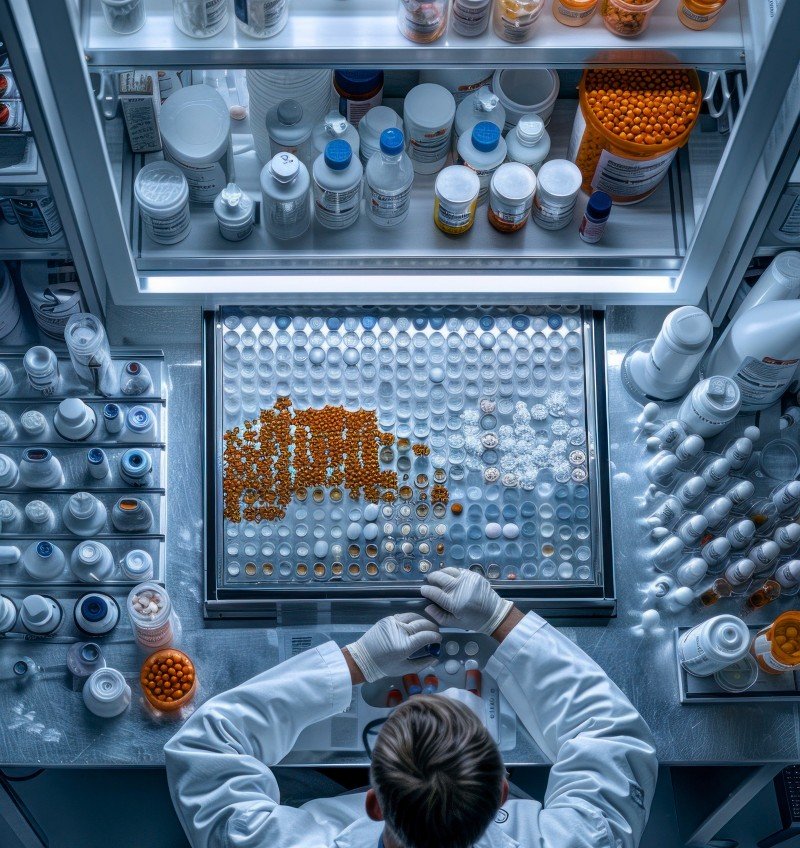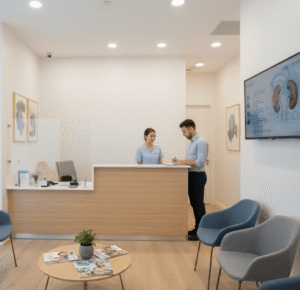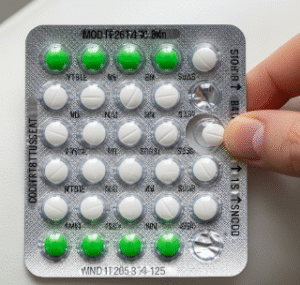In recent years, South Korea has emerged as a global leader in biotechnology and pharmaceutical innovation. Once known mainly for producing biosimilars and generic medicines, the country is now rapidly advancing into the field of new drug discovery and development. Backed by strong government support, academic partnerships, and private investment, Korean biotech firms are driving the creation of next-generation therapies that could transform healthcare worldwide.
Government and Funding Support
At the core of Korea’s pharmaceutical innovation movement is the Korea Drug Development Fund (KDDF) — a national program designed to accelerate new drug research from laboratory discovery to market approval. The KDDF provides vital funding, mentorship, and global networking to biotech startups and research institutions.
● The KDDF plans to support over 1,200 new drug projects by 2030, with an investment exceeding two trillion won.
● Funding covers key stages of the development pipeline — from preclinical studies to clinical trials.
● Priority areas include cancer, metabolic disorders, rare diseases, and autoimmune conditions.
● The program encourages co-development agreements with international pharmaceutical companies to speed up innovation and commercialization.
This national effort reduces the financial burden of drug discovery and gives Korean biotech firms the resources to compete on the global stage.
Leading Biotech Firms and Their Key Projects
Korean biotech companies are exploring an impressive range of drug modalities — from small molecules and biologics to gene therapies and radioligands. Below are some notable examples of innovation shaping the country’s pharmaceutical future.
● GI Innovation – Developing GI-102, an advanced cancer immunotherapy that enhances immune cell activation to fight tumors. Another candidate, GI-128, focuses on bispecific antibodies capable of targeting multiple cancer pathways simultaneously.
● Liveome – Creating LIV031, a microbial-based gene therapy that treats graft-versus-host disease (GVHD) by balancing gut immunity. This therapy is among the first of its kind in Asia.
● GC Cell – Developing GCC2004, a CAR-NK (chimeric antigen receptor natural killer) cell therapy for blood cancers. It uses modified immune cells that specifically target and destroy malignant B cells.
● PharmGen Science – Focused on RD1303, an advanced MRI contrast agent designed for early liver cancer detection, providing clearer imaging and faster diagnosis.
● PimedBio – Working on PMB212, a novel PIN1 enzyme inhibitor that suppresses cancer stem cell activity, potentially reducing tumor recurrence and metastasis.
● CellBion – Advancing Lu-177-DGUL, a radioligand therapy for prostate cancer that precisely delivers radiation to cancer cells, minimizing harm to healthy tissues.
These projects demonstrate Korea’s growing expertise in immuno-oncology, precision medicine, and molecular targeting — key areas driving the future of drug discovery.
Emerging Trends in Korea’s Biotech Development
Korea’s biotechnology sector is experiencing rapid transformation, marked by several defining trends:
● Expanding Drug Modalities: Moving beyond small molecules to explore antibody-drug conjugates (ADCs), gene therapies, and cell-based treatments.
● Oncology Dominance: More than half of the active drug projects focus on cancer, reflecting its high clinical and commercial importance.
● AI Integration: Korean biotech firms are increasingly using artificial intelligence for drug target prediction, molecular modeling, and toxicity analysis.
● Partnership-Driven Growth: Collaborations between Korean startups and global pharmaceutical companies are becoming a cornerstone of drug development.
● Precision Medicine Expansion: Genetic testing and biomarker research are enabling personalized treatment plans tailored to each patient’s DNA.
Challenges in Drug Development
Despite impressive progress, Korea’s biotech sector faces challenges that must be addressed to ensure sustainable growth.
● High R&D Costs: Developing a single new drug can cost billions of won and take over a decade.
● Clinical Failures: Many promising candidates fail during clinical trials due to safety or efficacy issues.
● Regulatory Hurdles: New therapies, particularly gene and cell-based drugs, require complex safety evaluations.
● Talent Shortage: The industry needs more trained professionals in pharmacology, bioinformatics, and regulatory science.
● Global Competition: Korean firms must compete with well-established biotech hubs in the U.S. and Europe.
Through continued investment, collaboration, and education, Korea aims to overcome these challenges and strengthen its global standing in life sciences.
Impact on Healthcare and Patients
The benefits of this new drug development wave extend beyond research labs into hospitals and clinics.
● Faster Access to Advanced Therapies: Patients in Korea can now participate in domestic clinical trials for cutting-edge treatments, especially in oncology and rare diseases.
● Improved Diagnostic Tools: Many biotech projects are producing better imaging agents and molecular diagnostics for early disease detection.
● Personalized Medicine: Doctors can use genetic and molecular information to tailor treatments to each individual patient.
● Closer Industry-Clinic Collaboration: Hospitals are partnering with biotech firms to test and refine new drugs under real clinical conditions.
As a result, Korean patients are among the first in Asia to benefit from next-generation therapies developed within their own country.
The Future of Korea’s Biotech Innovation
The future of Korean biotech looks bright, with a growing number of companies expanding globally and establishing partnerships with major pharmaceutical players.
● By 2030, several KDDF-supported drugs are expected to achieve international approval.
● AI-driven platforms will help shorten research timelines and improve drug safety testing.
● Cross-border collaborations will allow Korean startups to enter U.S., European, and Asian markets more easily.
● Sustainable manufacturing practices will make Korea a leader in eco-friendly bio-production.
Korea’s long-term goal is to create a self-sustaining pharmaceutical ecosystem — one capable of producing homegrown blockbuster drugs that compete globally.
Final Thoughts
Korea’s biotech industry is moving from imitation to true innovation, guided by science, technology, and collaboration. With continued support from government initiatives like the KDDF, and the growing ambition of local biotech companies, the nation is positioning itself as a global hub for pharmaceutical breakthroughs.
● Innovation fuels healing — Korea leads with science and vision.
● Every new project brings the world one step closer to better health.
● Korean biotech is transforming research into hope for millions.
The ongoing development of new drugs by Korean biotech firms highlights a national commitment to building a healthier future — one discovery, one patient, and one breakthrough at a time.













